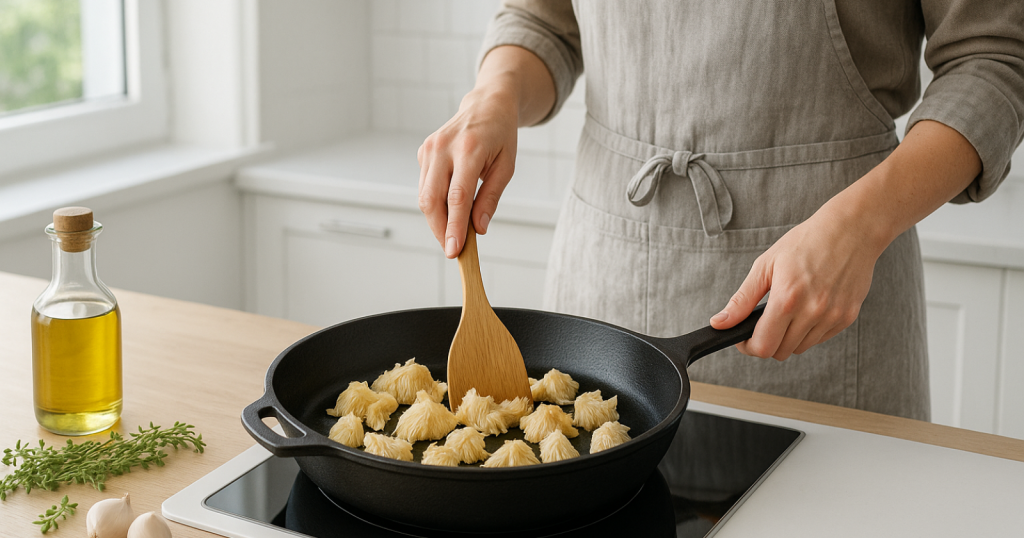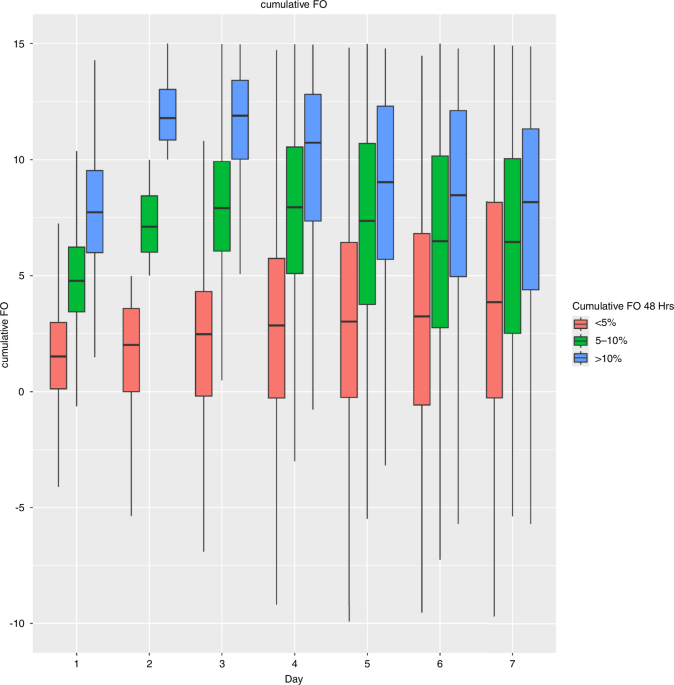I've been vegan for 10 years and here's what actually matters (and what doesn't) - VegOut
After a decade of being vegan, I’ve learned the real lessons have less to do with food—and more to do with what truly sustains us.
Ten years ago, I made the switch to a fully vegan lifestyle—one fridge clean-out, a lot of almond milk experiments, and a few awkward dinner party moments later. I thought I’d find all the answers in ingredients lists and nutrition panels.
But the truth is, most of what’s important in this journey can’t be measured in grams or calories. Some things I obsessed over in the beginning barely register anymore. Others, I wish I had prioritized from day one.
So here’s the stripped-down truth—what actually makes a lasting difference in living a joyful, sustainable vegan life… and what doesn’t.
In the first few months, I leaned hard on frozen veggie burgers and store-bought hummus. And while there’s zero shame in that, something changed when I started cooking for myself—really cooking.
Not just boiling pasta and tossing it with olive oil, but learning how to layer spices, roast vegetables until sweet and crispy, and turn chickpeas into a dozen different meals.
The payoff wasn’t just better food—it was confidence. Cooking became a daily act of self-care, creativity, and culture. I started to crave the process as much as the result.
Perfecting a five-star Pinterest recipe. You’re not auditioning for a cooking show. What matters is having five to six go-to meals that nourish you and make you feel like a boss in the kitchen.
“Is this certified vegan?” I used to ask this every time I picked up a snack or beauty product. But here’s what I’ve learned: while third-party labels like Certified Vegan or Leaping Bunny are great shortcuts, they’re not infallible. Smaller ethical brands often can’t afford certification, but they’re just as aligned with your values.
Now, I read ingredient lists, check the brand’s sourcing story, and follow transparency over trademarks.
Obsessing over every label to the point of decision paralysis. Instead, aim for progress over perfection and vote with your dollar as best you can.
For the first year, I felt like I was doing this alone. My family thought it was a phase, my friends were confused, and every holiday meal turned into an awkward negotiation.
But then I found my people. Through local plant-based cooking classes, online forums, and volunteering at a food justice co-op, I met others who shared the journey. They weren’t perfect vegans (spoiler: no one is), but they offered tips, recipes, and non-judgy solidarity.
Convincing everyone else to go vegan. Lead with kindness and curiosity, and you'll plant more seeds than arguments ever will.
I once cried over accidentally eating honey in a salad dressing. True story. The early days were filled with anxiety about “messing up.”
Eventually, I realized that sustainability isn’t about purity. It’s about patterns—what you do most of the time, not once in a while. A misstep isn’t failure; it’s part of the process.
Having a long-haul mindset. Being vegan isn’t a badge—it’s a practice. Like any practice, it gets stronger with repetition, not rigid rules.
At first, I was focused on what I couldn’t eat. Cheese. Bacon. My grandma’s buttery tamales. But the thing that kept me vegan for ten years wasn’t restriction—it was purpose.
Once I connected the dots between animal welfare, environmental impact, and food justice, it stopped being about the food and started being about the future I wanted to help create. Suddenly, plant-based living felt less like a personal choice and more like a collective responsibility.
Memorizing facts to win debates. What sustains you isn’t information—it’s conviction.
The longer I’ve been vegan, the more I’ve leaned into simplicity. I used to buy every new plant-based product that hit the shelves. Now, I’m more focused on making the most of what I already have—especially in the kitchen.
I plan meals around what’s already in my fridge. I save veggie scraps for broth. I compost. And yes, I finally got around to sewing a hole in my reusable tote bag instead of tossing it.
Being resourceful and mindful. You don’t need a fridge full of superfoods to live well—you need intention.
Instagram made me believe veganism was all green smoothies and rainbow bowls. But over time, I’ve realized how many communities—especially low-income and BIPOC neighborhoods—don’t have easy access to fresh, plant-based food.
That’s where advocacy matters. Supporting urban gardens, mutual aid fridges, and culturally relevant plant-based initiatives goes way beyond what’s on my plate. It shifts the conversation from lifestyle to liberation.
Making your meals look good for the ‘gram. What matters is making this movement more inclusive, more accessible, and more intersectional.
If I could go back and tell myself one thing, it’s this: You’re not joining an exclusive club—you’re opting into a practice of empathy, awareness, and impact. The real goal isn’t to be perfect, but to align your values with your habits as best you can, day by day.
And on the days you mess up? Drink water. Eat plants. Try again tomorrow.










:max_bytes(150000):strip_icc()/Chicken_Salad_216-b1760ce949c04584b0ed26e3d0a967dc.jpg)


